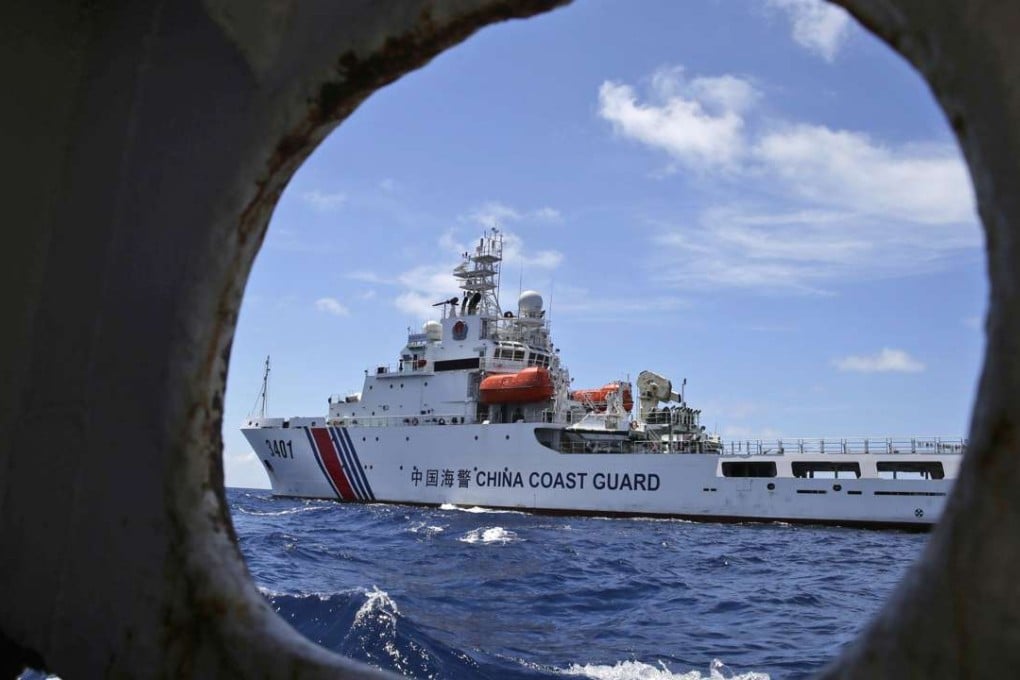What next for China and the Philippines in the South China Sea dispute?
Zha Daojiong says in the wake of the arbitral award, it’s up to the two nations involved to negotiate a settlement, with binding rules to guide the use of the seas

On July 12, the arbitral award in a case brought by the Philippines against China over a territorial dispute in the South China Sea was made public. In a procedural sense, it marked the end of the case. But its political and practical implications are just beginning and are far from certain.
In hindsight, China had the option to simply keep quiet about the case, as most other states in similar situations have done. But it did not. Through various spokesmen, the Chinese government repeatedly said it did not accept the arbitral process as valid and would not participate in it, and that it would not recognise its decisions or implement any of its demands.
Just empty talk? Philippines’ Duterte is playing China off against US on arms purchases, analysts say
Furthermore, in the months before the release of the award, governments around the world were asked to voice a position in support of either China or the Philippines. The episode spoke volumes about geopolitics intruding into what was normally understood to be a process of law.
In the wake of the award, China and the Philippines remain the primary actors to decide what to do about it. Notably, a formal agreement between two sovereign governments over ownership and rights is an accepted means of resolving a territorial dispute. Reaching that agreement may involve protracted negotiations, no doubt with supporters and detractors from near and far trying to influence them. But, in a strategic sense, it is of benefit to both countries to ignore the demands of these two sides.
Both littoral and user states have a shared responsibility to prevent such disruptions from taking place again
Given that the foundations of political diplomacy between Manila and Beijing have traditionally been weak, it would be advisable for them to deposit with the United Nations any agreement pertaining to their disputes over the South China Sea. Doing so could help lock out future distractions, including from domestic sources. They should learn from China and Britain, which deposited their 1984 joint communiqué on Hong Kong’s future with the UN.